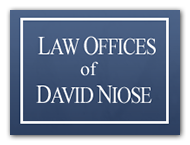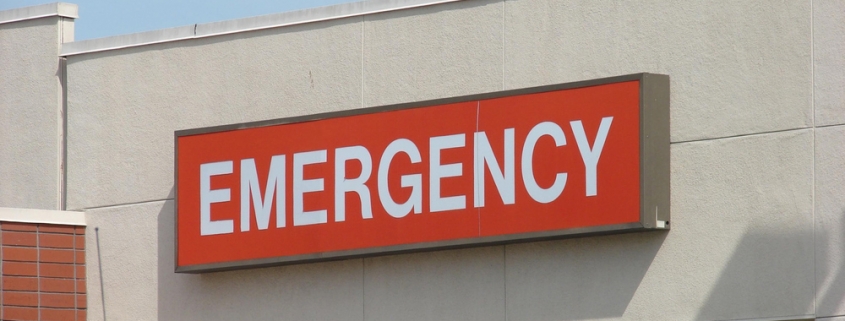When Medical Payments Coverage Is a Scam
For insurance companies, the ideal product is an insurance coverage that will almost never get paid, one that brings in premium dollars but rarely results in the payment of claims. As such, the so-called “Medical Payments” coverage on your auto policy is an insurer’s dream.
Medical Payments is an optional coverage. You aren’t required to purchase it, but many consumers purchase it to cover medical expenses arising from auto accidents beyond those covered by compulsory Personal Injury Protection (“PIP”) coverage. To better understand Medical Payments coverage, and why it can be such a scam, you first have to understand how PIP coverage works.
Ordinary vehicles insured in Massachusetts are required to carry PIP coverage, which provides up to $8000 in coverage for medical bills and lost wages resulting from an auto accident. It can be a tricky coverage, however, because it treats people with health insurance differently, limiting them to only $2000 in coverage for medical expenses. The remaining $6000 is still available to cover co-pays and deductibles that aren’t covered by health insurance, and it can be used for lost wages as well, but in many cases the entire $8000 in coverage never gets exhausted even though medical bills far exceed that amount.
And that’s where the policy gets unfair: If you don’t exhaust your full $8000 in PIP coverage, you can’t use your Medical Payments coverage, even though you’ve paid a premium for it. The PIP coverage expressly stops payment at $2000, but you can only have access to the optional Medical Payments coverage (that you paid for!) if you exhaust the full $8000.
This has real-world consequences. Here’s a scenario that is not so unusual:
- You are in an auto accident and you incur $30,000 in medical bills.
- You have health insurance, so your auto insurer pays only $2000 in PIP benefits.
- You’ve paid for $25,000 in Medical Payments coverage, but your auto insurer refuses to pay a dime of it because you have not exhausted the $8000 in PIP coverage as required by the auto policy.
- The at-fault person has only minimum liability coverage of $20,000, which isn’t much, but you won’t even get that meager amount because your health insurer, which paid most of your bills, has first access to that money. You will see nothing, or close to nothing, of that $20,000.
- If the Medical Payments coverage were available, as it should be, that $25,000 in Medical Payments coverage could have been used to satisfy the health insurer, and you would have full access to the liability coverage proceeds.
What a business model the insurance industry has built for itself. They’ll take your premium with almost no chance of ever paying a claim! The above example is just one of many situations in which consumers can get the short end of the stick with auto insurance coverage in general, and Medical Payments coverage in particular.
For this reason, if you have good, reliable health insurance and are unlikely to ever exhaust your $8000 in PIP coverage, you might want to think twice about shelling out money for Medical Payments coverage that may never get utilized.
Keep in mind that there are certain situations where Medical Payments definitely makes sense, especially if you are purchasing coverage for a motorcycle, if you frequently drive individuals who have no health insurance, or if you have a job that provides little or no sick days (thus increasing the possibility that you will exhaust the PIP coverage with a lost-wage claim if you are injured in an accident).
Bottom line: Have a thorough conversation with your insurance agent about what coverages really make sense for you. Don’t just assume that Medical Payments is a smart choice.



